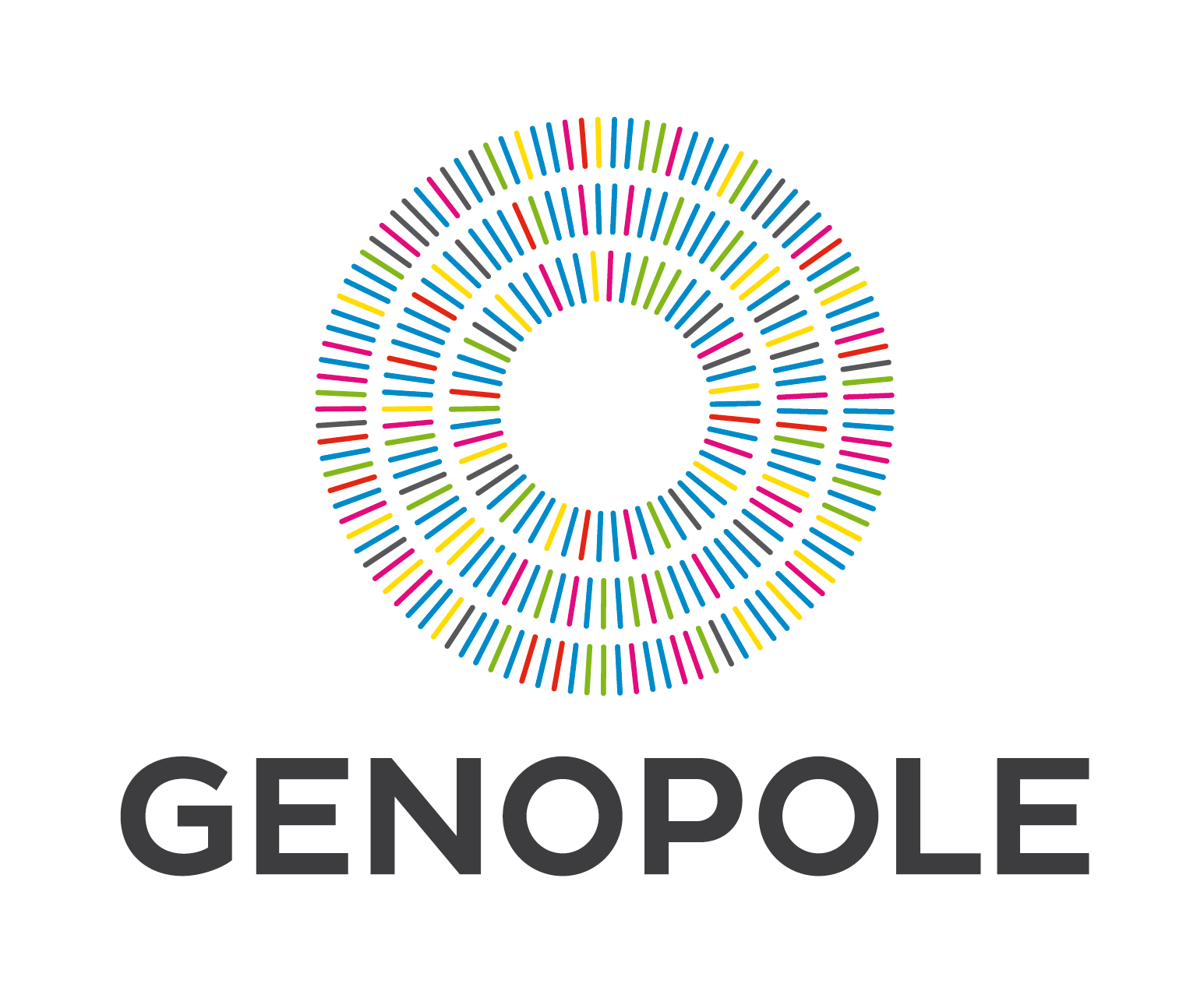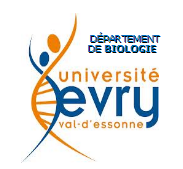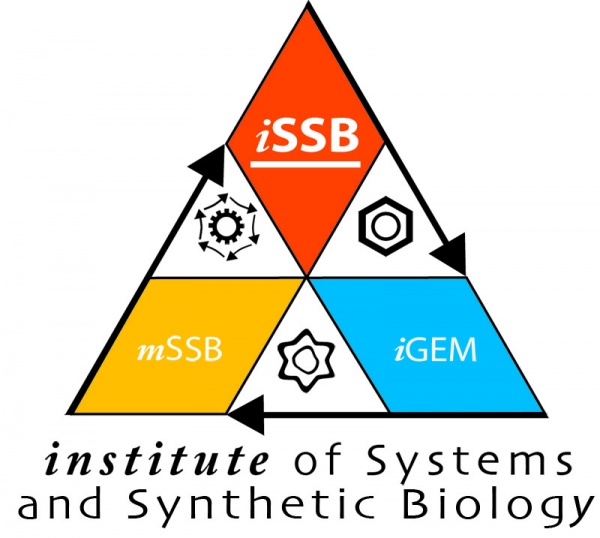Team:Evry/Modeling
From 2013.igem.org
| Line 16: | Line 16: | ||
<p> | <p> | ||
(schémas avec des liens vers les parties modeling)<br/> | (schémas avec des liens vers les parties modeling)<br/> | ||
| - | <a href="https://2013.igem.org/Team:Evry/Model1">duodénum</a> <a href="https://2013.igem.org/Team:Evry/Model2">zoom sur les parois</a> <a href="https://2013.igem.org/Team:Evry/Model3">bactérie</a> <a href="https://2013.igem.org/Team:Evry/Metabolism_model">FBA</a> | + | <a href="https://2013.igem.org/Team:Evry/Model1">duodénum</a> |
| + | | ||
| + | <a href="https://2013.igem.org/Team:Evry/Model2">zoom sur les parois</a> | ||
| + | | ||
| + | <a href="https://2013.igem.org/Team:Evry/Model3">bactérie</a> | ||
| + | | ||
| + | <a href="https://2013.igem.org/Team:Evry/Metabolism_model">FBA</a> | ||
</p> | </p> | ||
Revision as of 11:03, 4 October 2013
Model overview
Introduction:
In the overall project, we, the modeling team, acted as a sort of "guide". Because getting significant biological result is always slower through experiments than through computer simulations, we were the first to get clues about the project's success.
In the begining, the team's goal was to chelate iron in the duodenum, using bacteria that would flush through the duodenum. We made a qualitative model showing promising conclusions, but when we ran a metabolic model, we realised that the siderophore production is a very slow phenomenon. It is thus impossible to chelate the iron using a flush-strategy.
Then came the idea of a gel containing our bacteria, that would stick to the very begining of the Jejunum's wall. Among all the safety issues this strategy creates, the most important question that raised at this point was : "can our bacteria produce siderophores like crazy and still survive long enough to chelate a significant quantity of iron?". A Flux Balance Analysis helped solving this question.
Modeling Parts:
(schémas avec des liens vers les parties modeling)
duodénum
zoom sur les parois
bactérie
FBA
 "
"













